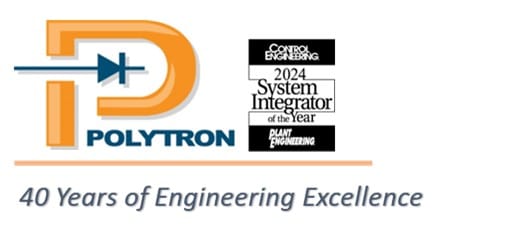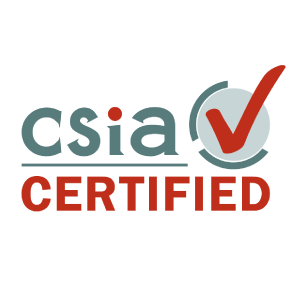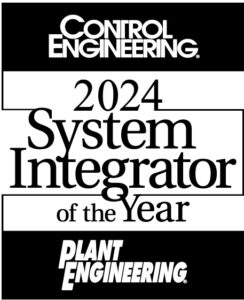Track and Trace – Necessary in Today’s Market
 Capturing data through the entire manufacturing process is not a new concept. However, the requirements of targeting specific data sets and reporting metrics have become a requirement in many industries.
Capturing data through the entire manufacturing process is not a new concept. However, the requirements of targeting specific data sets and reporting metrics have become a requirement in many industries.
What was originally stringent in pharmaceutical, food and any other oral consumables has moved into other industries such as the automotive, chemical, and life sciences. Data tracking is critical not only for effective production management, but for public and consumer safety for preventive measures before versus action after injury, illness or death. Beyond the detailed and key data points collected, robust real-time reporting is being required by regulatory agencies such as FDA’s Food Safety Modernization Act (FSMA) and end consumers, such as the car manufacturers who has thousands of Tier One suppliers providing parts to be used in the assembly of the automobile.
Over the past two years, the enormity of automotive part recalls and human impact from faulty components is driving an urgent call for tracking and reporting of all components and the origin of all parts. In the automotive sector, most car manufacturers are now requiring real-time manufacturing reports that show the test results and origin of all of the components used in the manufacture of parts such as automotive brakes. While the end result is to produce a brake that is quality-checked in every step of assembly, it also requires tracking of each individual component of the brake to quickly identify every brake that might contain faulty components from a specific manufacturer. This includes the tracking of the completed brake and its components all the way through warehousing to ensure any and all brakes can quickly be located to protect the end consumer.
In the human and pet food industries, the 2016 FSMA requirements have for the first time included documentation as an active managerial control of all food safety hazards that can reasonably occur in a food manufacturing plant. So even though the current FDA inspections (pre-FSMA enforcement) of a food plant theoretically do the same at the time of the inspection (auditing the current manufacturing process that day), the new rules allow inspectors to use the documentation of control to retrospectively audit all the food production in a facility before the audit date as well. The documentation required will not only include the tracking of processing, but also the source of the ingredients as well.
The requirements by regulatory agencies and end consumers do not specify automated data collection and many manufacturers continue to manually record their process for tracking and controlling food and beverage safety hazards, automotive, and other industries which impact the consumer. However, the timeliness of reporting makes automation a necessity. In order to produce accurate and timely reporting, the track and trace process points to computerized traceability solutions. The benefit of this requirement for visibility into the manufacturing process, automated data collection and traceability opens the way for collaboration across the plant floor and an informational stream that provides insight for greater operational improvement.



